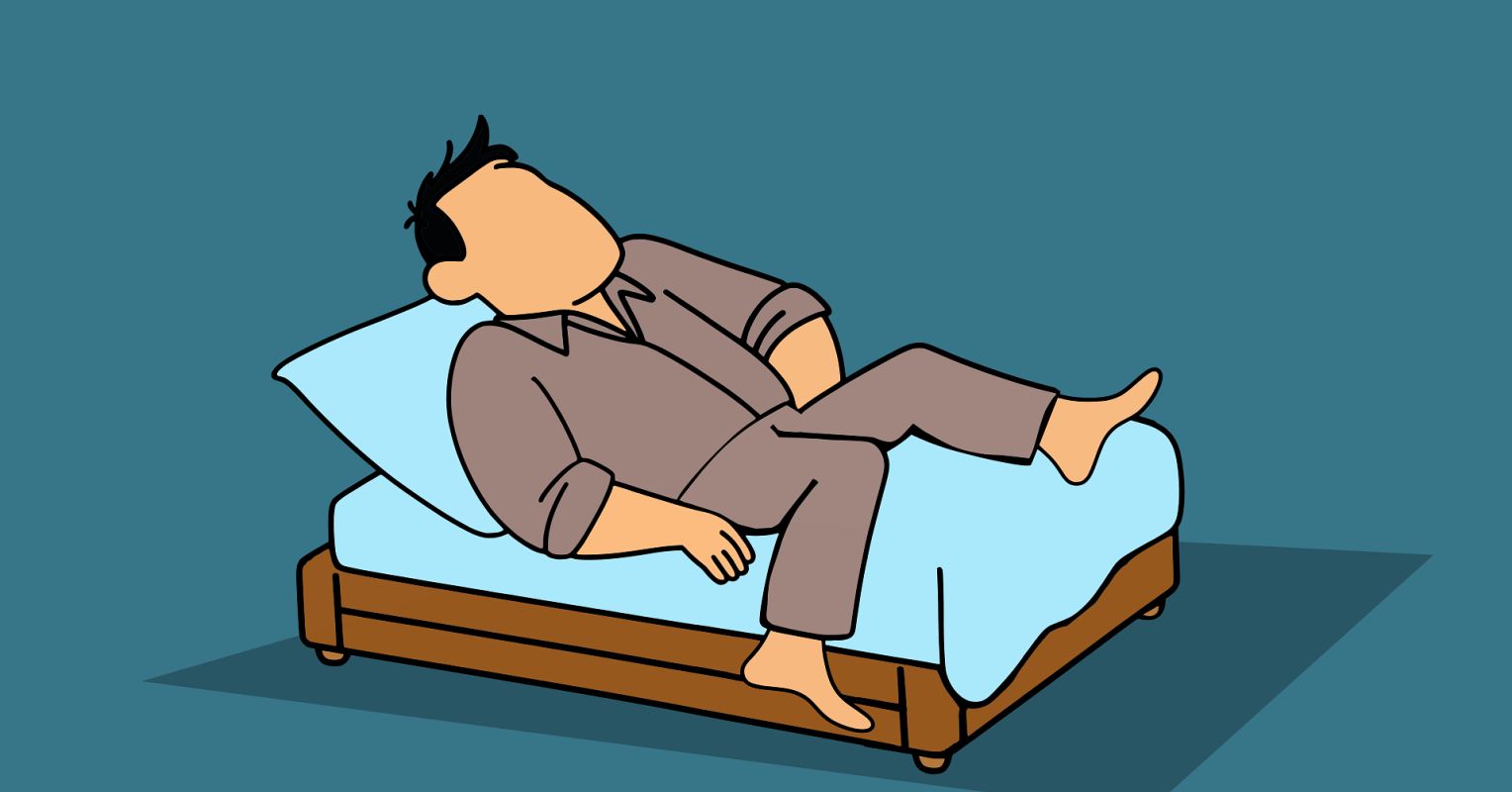
"Non-sleep deep rest (NSDR) provides evidence-based benefits including stress reduction and cognitive restoration, making it a valuable tool for managing sleep-related issues."
"Practicing NSDR induces a restorative state that replenishes dopamine levels and reduces cortisol, offering a midday boost to improve attention and mood."
"The cycles of insomnia can be vicious; however, incorporating techniques like NSDR can break this cycle and enhance overall sleep quality and emotional regulation."
"NSDR follows principles of yoga nidra, using focused breathing techniques to activate the parasympathetic nervous system and promote a calm state of mind."
Non-sleep deep rest (NSDR) is an innovative stress reduction technique that provides a deep rest state, bridging sleep and wakefulness. Developed by Stanford neurobiologist Andrew Huberman, NSDR enhances cognitive function and emotional regulation. The practice focuses on deep, controlled breathing, aligning with principles of yoga nidra. Regular use can replenish vital neurotransmitters like dopamine while lowering cortisol levels, thereby offering relief during stressful periods. The author shares their own experience of utilizing NSDR to combat chronic insomnia, highlighting its transformative effects on sleep quality and mental health.
Read at Psychology Today
Unable to calculate read time
Collection
[
|
...
]